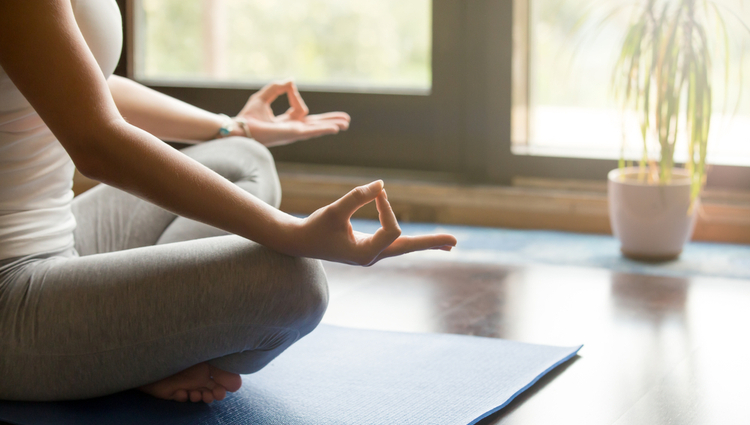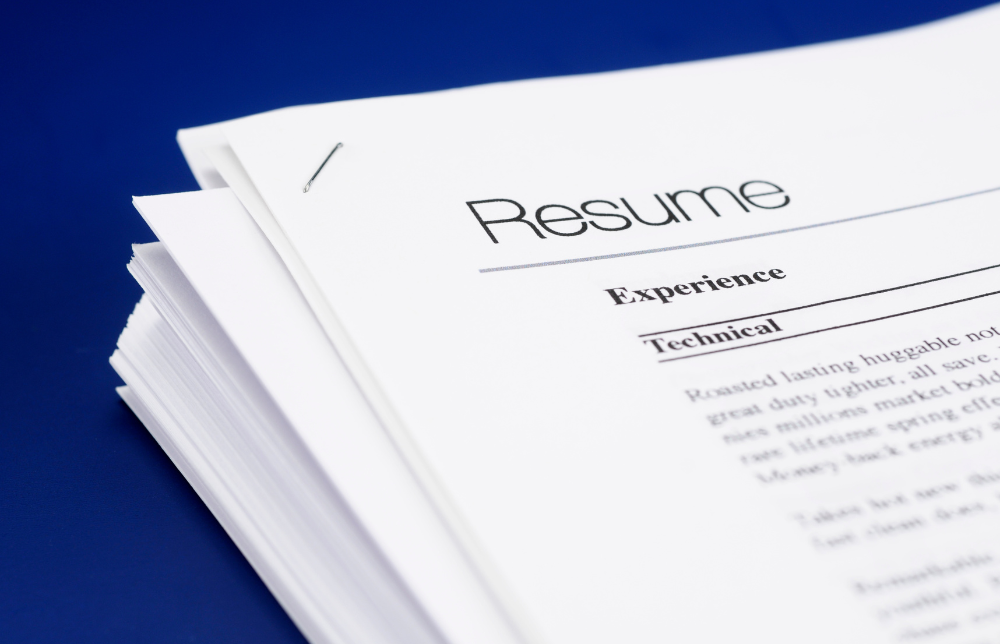5 tips for coping with COVID-19 anxiety
In times of crisis it’s not unusual to find people relying more than ever on mainstream media to stay informed of a rapidly evolving situation. Add to this mix the ...

In times of crisis it’s not unusual to find people relying more than ever on mainstream media to stay informed of a rapidly evolving situation. Add to this mix the sometimes unreliable, unverified and alarmist reports filtering through social media channels and it can be a recipe for increased mental health issues – with perhaps the most prevalent being anxiety.
COVID-19 is shrouded in mystery. We’re yet to fully understand the health repercussions, let alone the economic and social fallout that will flow from this global phenomenon. Sadly, where confusion reigns or mixed messages are being received, it’s easy to jump to worst case scenarios. Right now, it’s hard to know what to believe and sometimes too much information is a bad thing. In other words, it’s a perfect recipe for anxious feelings to rise.
So, if you’re feeling overwhelmed, what can you do?
Harvard Health[1] recommends asking and answering these questions:
- What typically happens to your body when worries mount?
- How worried are you?
- What do you fear the most?
- What usually helps you handle worries?
When anxiety rises because we’re facing a distressing threat like the new coronavirus, we need to focus on what tends to work for us to ease anxiety – that, plus doing a little bit more of some actions and a little bit less of others.
The Harvard Health blog implores: “Remember what works for you — because as fellow humans we’re not so dissimilar, but we do tend to have our own preferences and best practices.”
With that in mind, here are five broad tips to keep in mind.
Be aware of your anxieties. Whenever you find your mind drifting into thoughts about the coronavirus and the anxiety that it brings, make a conscious effort to switch subjects. Practising mindfulness or living “in the moment” is a great way to do this – spending a few minutes concentrating on the things around you, rather than the worry in your head, goes a long way to easing stressful thoughts. Nature can be a soothing balm, both physically and mentally – take a walk and get some exercise in the process.
Get away from the negativity. Don’t overdose on hype, worry or misinformation. There’s no need to be connected 24/7. Turn off phone notifications, avoid the rolling 24-hour news channels and take every doomsday prediction with a pinch of salt. In truth, no one knows exactly what the future holds – it may be a lot brighter than that all-knowing social media pundit is indicating. So don’t believe everything you read, hear or see. One suggestion is to get some regular updates from credible sources in the morning and check again briefly toward the end of the day.
Follow the expert advice. The World Health Organization has published guidelines on preventing transmission of COVID-19 – put simply, you should wash your hands thoroughly, avoid touching your face as much as possible, and seek medical care early if you have a fever, cough and breathing difficulties (especially if you’re older). Also pay attention to government health officials from Australia and New Zealand.
Don’t worry too much about your reaction. We are all human. We will all have very human reactions to what is currently an unknown, untested situation – so cut yourself some slack. By keeping yourself updated with facts (not rumours) from reliable sources, avoiding too much negative news and practising good self-care per the WHO’s guidelines, you’ll help to reduce that stress. If you have kids, extend that care to them – keep to a routine, explain what’s happening and keep them confident.
Check-in on people. Connect with friends and loved ones through video chats, phone calls, texting, and email. It really helps to feel the strength of your connections to your friends and loved ones, even though you may not be with them in person.
In addition to the points above, Harvard Medical came up with three tried and true ways to relax:
- Yoga. Not a yoga person? No need to start now unless you’d like to try it. Sometimes trying new things and discovering new activities you can benefit from and enjoy can be a welcome, healthy distraction. And yes, it can be done remotely. ELMO has recently started using Zoom tele-conferencing software to offer yoga classes for all stages. In addition, Yoga Studio and Pocket Yoga are good apps to consider.
- Meditation. Regular meditation is very calming. ELMO has recently implemented remote meditation whereby employees can participate in morning meditation classes via Zoom. In addition, many apps teach simple forms of meditation, such as Headspace or Calm.
- Controlled breathing. One simple technique is called square breathing. Visualise your breath traveling along a square. As you follow the instructions to inhale, hold your breath, or exhale, count slowly to three on each side. Try it now. Inhale up the first side of the square. Slowly count one, two, three. Hold your breath across the top. One, two, three. Exhale down the other side of the square. One, two, three. Then hold your breath across the bottom. One, two, three. After a few minutes of this you should be feeling calmer and more centred.
Remember, the above are suggestions only. Even the US Centers for Disease Control and Preventions advises: “Everyone reacts differently to stressful situations.” Find what works best for you. And remember that we’re all in this together. If you feel stressed or overwhelmed – or a colleague is feeling that way – make sure you utilise any services your employer offers, such as counselling through an Employee Assistance Program (EAP). Alternatively, Black Dog Institute, SANE Australia or The Mental Health Foundation of New Zealand are all useful resources.
ELMO Cloud HR & Payroll can help business leaders manage their workforce, even while operating remotely. As a cloud-based solution, ELMO helps employers manage their teams from anywhere at any time from a secure, centralised database. All employee-employer touchpoints are covered by ELMO’s suite, from ‘hire to retire’. This includes recruitment, onboarding, performance management, payroll, rostering / time & attendance, learning & development, and more. For further information, contact us.
[1] https://www.health.harvard.edu/blog/coping-with-coronavirus-anxiety-2020031219183
 HR Core
HR Core 









